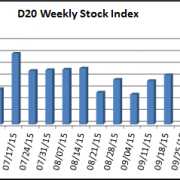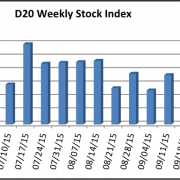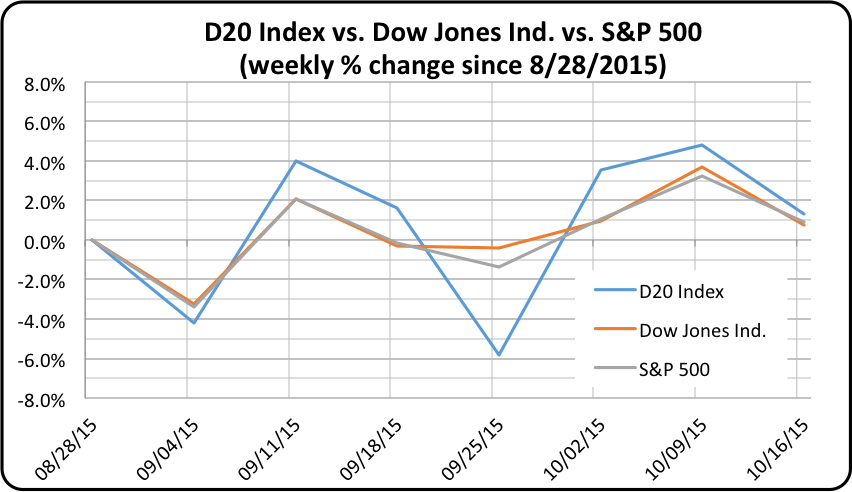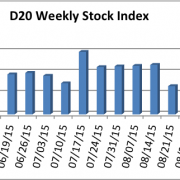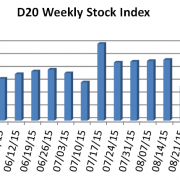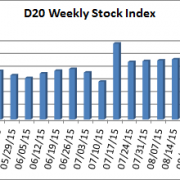Burney Simpson
I use my car about an hour a day. Why do I need to insure it for 24 hours?
That question sets the business premise for Metromile, a pay-per-mile auto insurance firm that charges fees based on the driver’s use of his or her vehicle. Metromile claims that consumers that drive less than 10,000 miles a year can save, on average, $500 annually on their insurance with its program.
Now available in California, Illinois, Oregon, Pennsylvania, Virginia, and Washington, Metromile is an offshoot of the sharing or on-demand economy, as exemplified by such firms as Car2Go (a Daimler subsidiary) and transportation provider Uber. Both of them cater to consumers that don’t own cars but like to use them on an as-needed basis.
San Francisco-based Metromile may be a harbinger of the way auto insurance will be sold in the world of driverless vehicles, which some experts believe could happen within about 10 years. At that time many consumers will opt for driverless ride-sharing services where they don’t own the vehicle that gets them to work and shopping.
Presumably there will still be an occasional accident in those vehicles, and a need for insurance. After all, Google reports its driverless Koala cars have had 16 accidents during 2 million-some miles of tests.
So who is held responsible — the ‘driver’ or person sitting in the vehicle — when the accident occurs? Or is it the automaker that creates and/or installs the autonomous technology in the vehicle; or the ride-sharing firm? (Which just may be Uber.)
Accident responsibility remains an open question. But it will be interesting to watch Metromile as it attempts to navigate into the world of driverless vehicles.
METROMILE BRASS TACKS
Metromile gives its pay-per-mile costumers a free Pulse device that must be plugged into the diagnostic port (OBD-II) of their vehicle. The consumer also must download a Metromile app from either the Apple store or from Google Play. The device tracks miles traveled, and certain vehicle performance data and sends the information to the customer’s smartphone and to Metromile.
Metromile charges a monthly base rate, along with the per-mile fee. These charges depend on driver age, driving history, credit history, the vehicle and other factors. Per-mile fees stop after 150 miles a day (250 in Washington) so the customer can take an occasional long trip without getting hit with a big charge.
The Pulse doesn’t track driver behavior like hard stops or speed, according to Metromile. It does offer a mapping service and can be used to find your car. In Chicago, Los Angeles, San Diego, and San Francisco, it has even been programmed to know when street sweeping will occur so the driver can move the car before getting a ticket.
Its insurance policies are sold by Metromile Insurance Services LLC and written by insurers in the National General Insurance Group.
Seed funders NEA, Index Ventures, First Round Capital, and SV Angel put up $4 million to get Metromile started, according to a 2013 TechCrunch story. That year, another $10 million was added to the pot by existing funders along with AmTrust Ventures, Allen & Company, and Felicis Ventures.
Photo of Car Insurance by Pictures of Money, 2014.
 On the bright side, General Motors (GM) posted its fourth consecutive weekly gain by adding 8.5 percent and ending the week at $35.95 a share. Most of the jump was due to GM’s surprisingly positive third-quarter earnings announcement. GM has adopted a quiet but aggressive plan to develop “self-driving” cars.
On the bright side, General Motors (GM) posted its fourth consecutive weekly gain by adding 8.5 percent and ending the week at $35.95 a share. Most of the jump was due to GM’s surprisingly positive third-quarter earnings announcement. GM has adopted a quiet but aggressive plan to develop “self-driving” cars.
